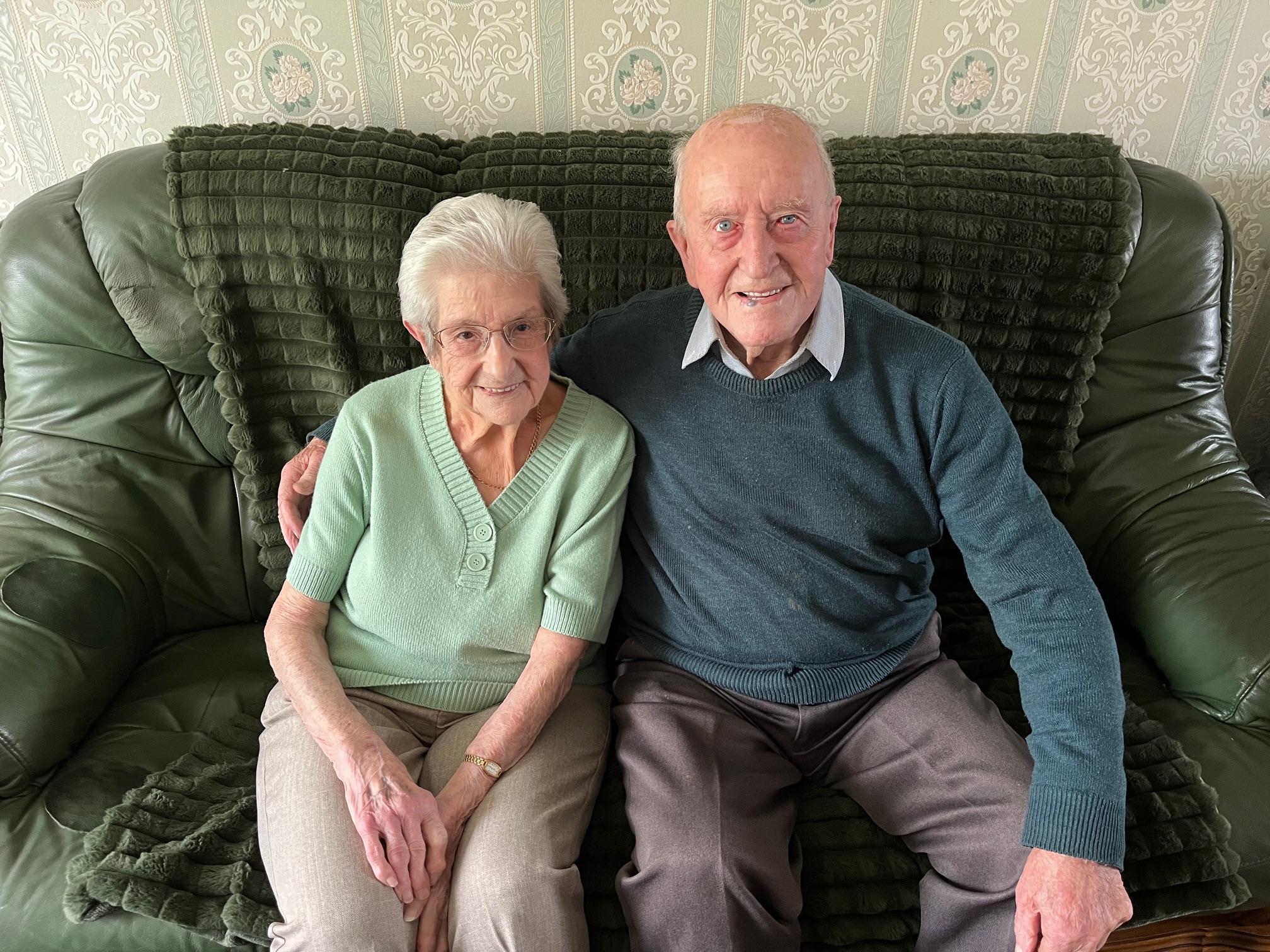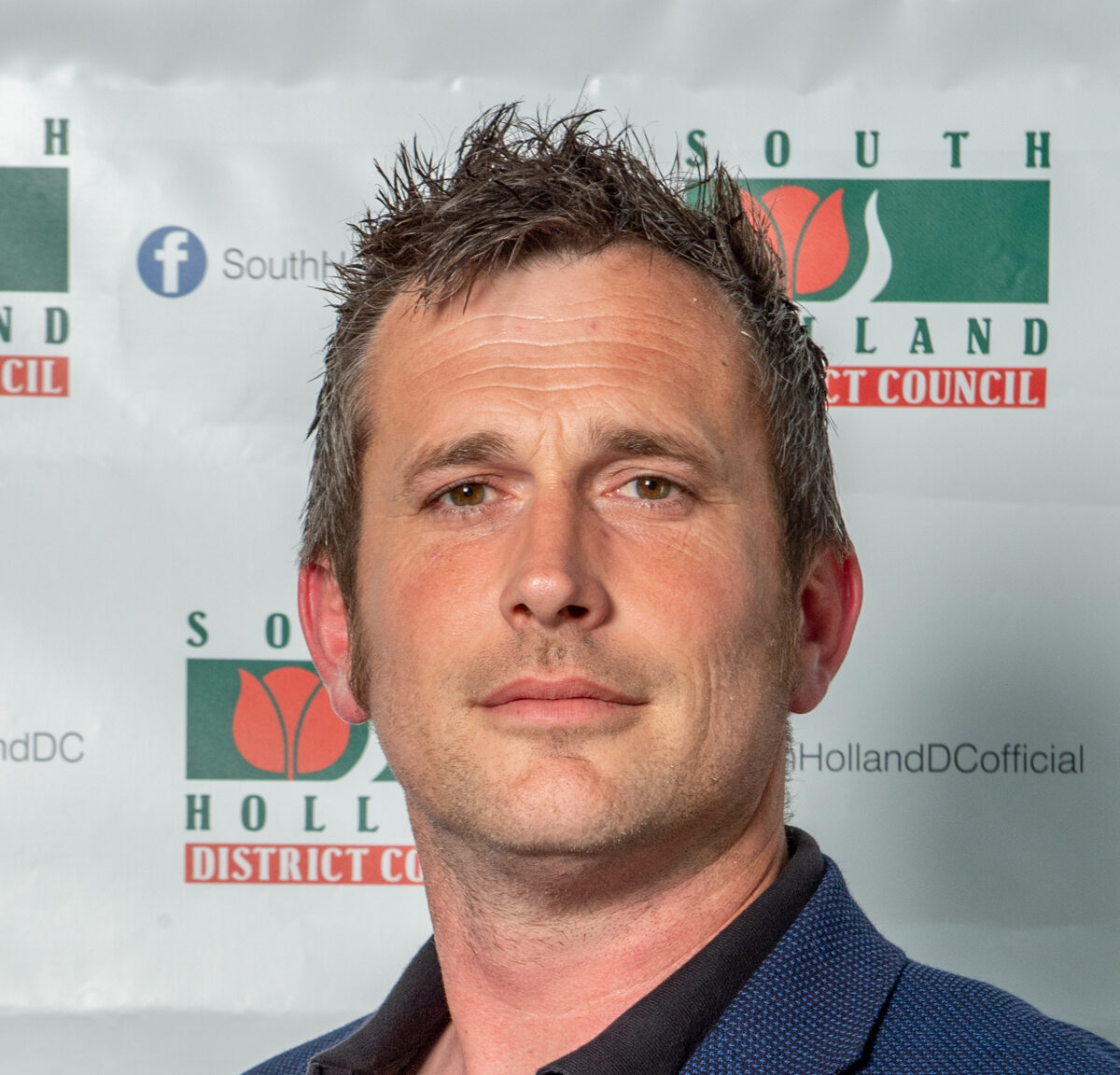Lincolnshire is the worst place in the country for patients looking to find an NHS dentist.
The news comes hard on the heels of the revelation that two promised surgeries in Spalding are not going to materialise.
A 2018 survey carried out on behalf of the government has revealed that patients in South Lincolnshire have the lowest success rate of finding an NHS dentist within the preceding two years.
Just 86.1 per cent of those questioned said they were able to see one.
The figure contrasts with the 98.5 per cent of patients in the Great Yarmouth and Waveney area of Norfolk which tops the table.
The results mean that 7,729 new patients failed to get an NHS appointment – a failure rate of 46 per cent.
Analysis of the GP survey by the British Dental Association (BDA) has shown around a million people are not on the books of an NHS dentist having tried to make an appointment.
The figures show that South Lincolnshire is the second worst place in the country to be a new patient.
“Practices are now unable to fill vacancies as a system of unforgiving targets pushes talented colleagues out. The result is hundreds of thousands of irregular attenders, many with poor oral health, are falling through the cracks,” said the association’s vice chairman Eddie Crouch.
“These aren’t just patients needing a regular check-up. They are often people in pain, left without the care they need,” he added.
The Spalding Voice revealed last month that new practices at Winsover Road and Spalding’s Johnson Hospital were not able to recruit staff to offer NHS places in the town.
“Discussions are taking place with the companies, internal colleagues and other stakeholders to consider alternative models of service delivery and workforce solutions. This will enable us to understand the local context and the impact of any alternative approaches before we consider the next steps,” said a spokesman for NHS England.
“Community Dental Services CiC and other local providers in Spalding have confirmed they are able to continue with the interim urgent dental service that is currently in place.”
The BDA is also concerned that 59 per cent of dentists in the country are planning on either reducing NHS work, or leaving.







